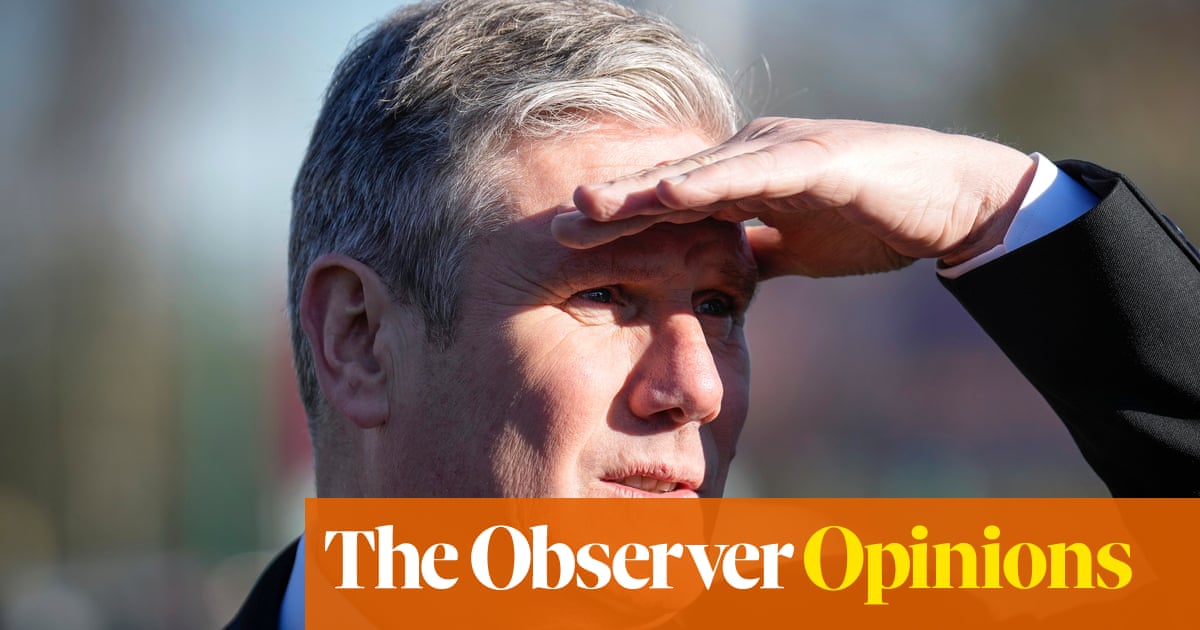
ocialism, said Herbert Morrison, “is whatever Labour happens to be doing at the time”, a contemptuous dismissal of “ideological speculation” to which much of the party still subscribes. However, the pattern of its policies has never left much doubt that, although its constitution was silent on the subject, Labour was the party of equality and was prepared, within the bounds of respectable moderation, to engineer the redistribution that would gradually reduce the disparities in income, wealth and power that disfigure British society.
The time for cautious pragmatism has passed. Inequality in Britain has actually increased during the past decade to a point at which differences in life chances between the rich and poor are virtually as great as they were 100 years ago. Infant mortality rates are 4.6 per 1,000 in the families of “manual workers’ compared with 2.9 in the families of “professionals”. The average disposable income of the highest paid 20% of the population is almost six times greater than the average income of the lowest paid.
The poor are more likely than the rich to be infected by Covid and, if infected, they are more likely to die. And the prospects of the poor are likely to deteriorate. They will only be protected from the economic consequences of the pandemic if the government concentrates the resources of recovery on the disadvantaged and the dispossessed – the families in the food bank queues, the single parents in temporary accommodation and the casualties of a cruel and incompetent benefits system.
The time has come for Labour to declare that the creation of a more equal society is the primary object of its existence. Egalitarian by implication is not enough, partly because the objective is too important to receive anything other than wholehearted endorsement, and partly because there will be little opportunity to indicate the party’s basic intentions by proposing specific policies that contribute to the desired end.
The general election is almost four years away and Labour must not repeat the cardinal error of making promises before it is certain they can be redeemed. No matter that the cause of past disappointment was bad timing rather than bad faith. Ideas that seem brilliant in 2021 may lose their shine by 2024. Firm commitments have to wait but there is nothing to stop Labour from proclaiming the principle on which its manifesto will be based and arguing for its acceptance. That principle should be the commitment to equality.
Labour has everything to gain from a national debate, including the increased prospect of winning the next election. Twelve years ago, a pair of politically unaligned academics, Kate Pickett and Richard Wilkinson, concluded from the evidence that the more equal a society, the less it suffered from the social diseases of our time – unwanted teenage pregnancies, juvenile obesity, street crime, drug abuse – and that, in consequence, inequality penalised the rich as well as the poor. Britain’s rightwing elite grasped the political implications of their book, The Spirit Level. They made a co-ordinated assault on what one critic called “junk food for the brain”. They, at least, had little doubt about the political potential of a campaign for greater equality.
By making equality the centre of political debate, Labour would take the battle to the enemy and ensure that it was fought on ground of the party’s choosing. However it was brought about, the defeat of this disreputable prime minister and his incompetent government would be a bonus for Britain. But Labour must do better than win the next election by grudging default. A reforming government needs the enthusiastic support of the people to sustain it through the years of obstruction by the rich and sabotage by the powerful. That is most likely to be achieved if the election becomes a referendum on a great moral principle – equality as an essential ingredient of the civilised society
The Labour leadership has never enjoyed philosophical debate. And the party has paid a heavy price for its aversion to ideology. The Tories – from Margaret Thatcher and her open admiration for Friedrich Hayek, the high priest of unregulated markets, to the most junior backbencher, quoting a carefully selected extract from the works of Adam Smith – are knee-deep in dogma. Yet they have been allowed to represent their prejudices as plain common sense. Worse still, by championing the notion that the least government is the best government, they have posed as the only true defenders of individual liberty while representing Labour, with its passion for factory acts and safety regulations, as freedom’s enemy.
If freedom is defined as merely the right to make the choices that a libertarian society provides, the Conservative claim might just stand scrutiny. But rights are of no value to men and women who lack the power to exercise them. The redistribution of power and wealth will certainly reduce the choices that are available to the rich. But it will extend the ability of the poor to make choices they were previously denied. Equality and liberty go hand in hand. But Labour never says so.
The benefits Labour would enjoy by establishing its philosophical foundations far exceed the bonus of confounding the lie that it is careless with individual liberty. It would become a party of ideas rather than of vested interests. Ideological consistency confirms that Labour’s policy proposals were built on, or based around, genuine belief, not the sudden consequence – as is the case with the promise to “level up” – of a focus group report.
The commitment to equality and the promise to take the practical steps that are essential to its promotion would elevate Labour’s manifesto from a package of promises into the vision of a better society. Party membership cards, which now bear a meaningless quotation from the party constitution, could proclaim these words of RH Tawney:
“While natural endowments differ profoundly, it is the mark of a civilised society to aim at eliminating such inequalities as have their source, not in individual differences but in its own organisation and that individual differences, which are the source of social energy, are more likely to ripen and find expression if social inequalities are diminished.”
If Labour marched to the drum beat of those sentiments, it would attract a winning majority from an electorate that has waited for the politics of principle for far too long.
Roy Hattersley served in Jim Callaghan’s cabinet and later became deputy leader of the Labour party












